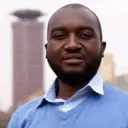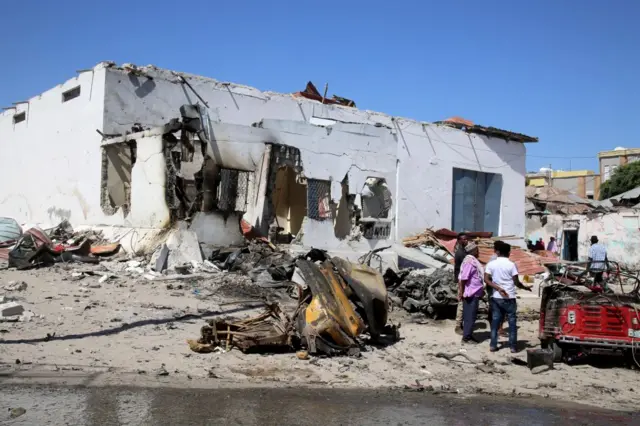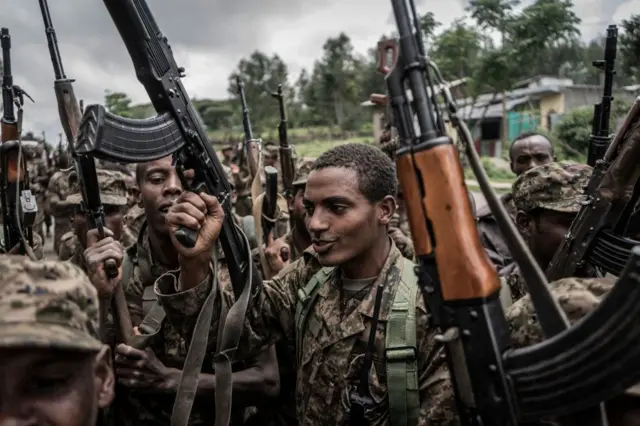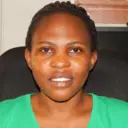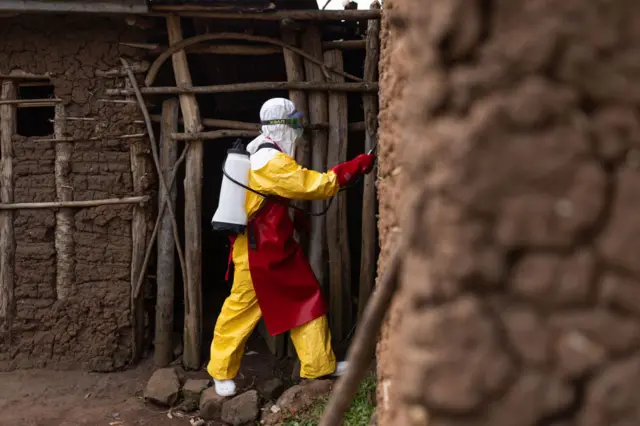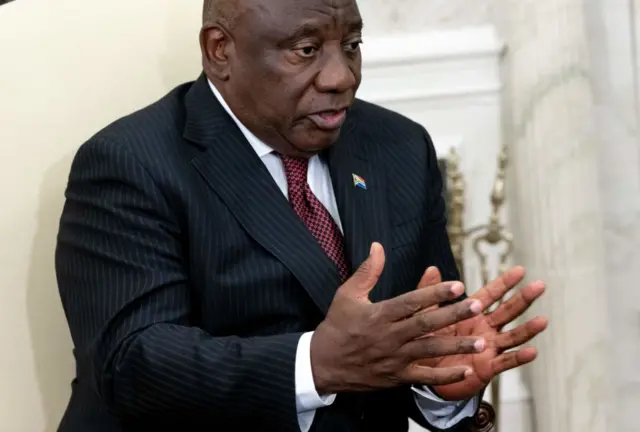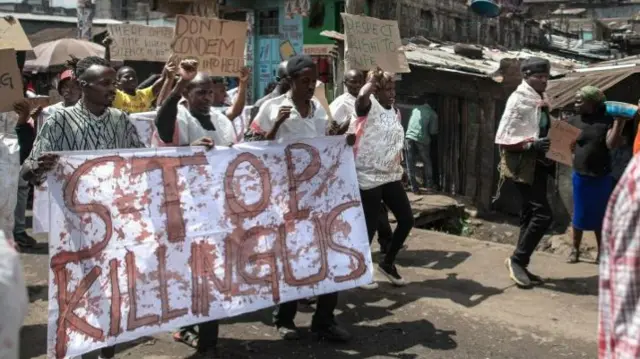Burundians stranded as state bars Serbia travelpublished at 10:30 BST 24 October 2022
Samba Cyuzuzo
BBC Great Lakes
Burundi authorities have banned citizens from going to Serbia even when they have a passport and visa.
Hundreds of Burundians have recently been stranded at airports in Turkey and Qatar after the authorities there asked them to produce Serbian visas, some have told the BBC.
Burundi and Serbia signed a visa-free agreement in June which has led to thousands of Burundians buying air tickets to Serbia. Once in the non-European Union nation many travelled west, mainly to Belgium.
On Sunday, Burundi's interior ministry said nearly 200 citizens were being repatriated home.
“Burundians with ordinary passports and visas are prohibited from departing to Serbia from Bujumbura airport, also through neighbouring countries," the ministry said on Twitter, external.
One Burundi woman without a visa to Serbia is stranded in Turkey with her two children aged three and one.
“It’s been more than a week here. I used about 30 million francs (about $15,000; £13,250).
“Many sold all their properties hoping to get a life in Europe. Where do we go once back?” she told the BBC.
The Burundian authorities have discouraged people from using all their resources to raise money to travel to Europe. It has urged for investment in "self-development activities in Burundi”.
But some say the migration will continue "even more" if the government "does not create jobs and give opportunity to all regardless their political affiliation or tribe", a Twitter user responded.
